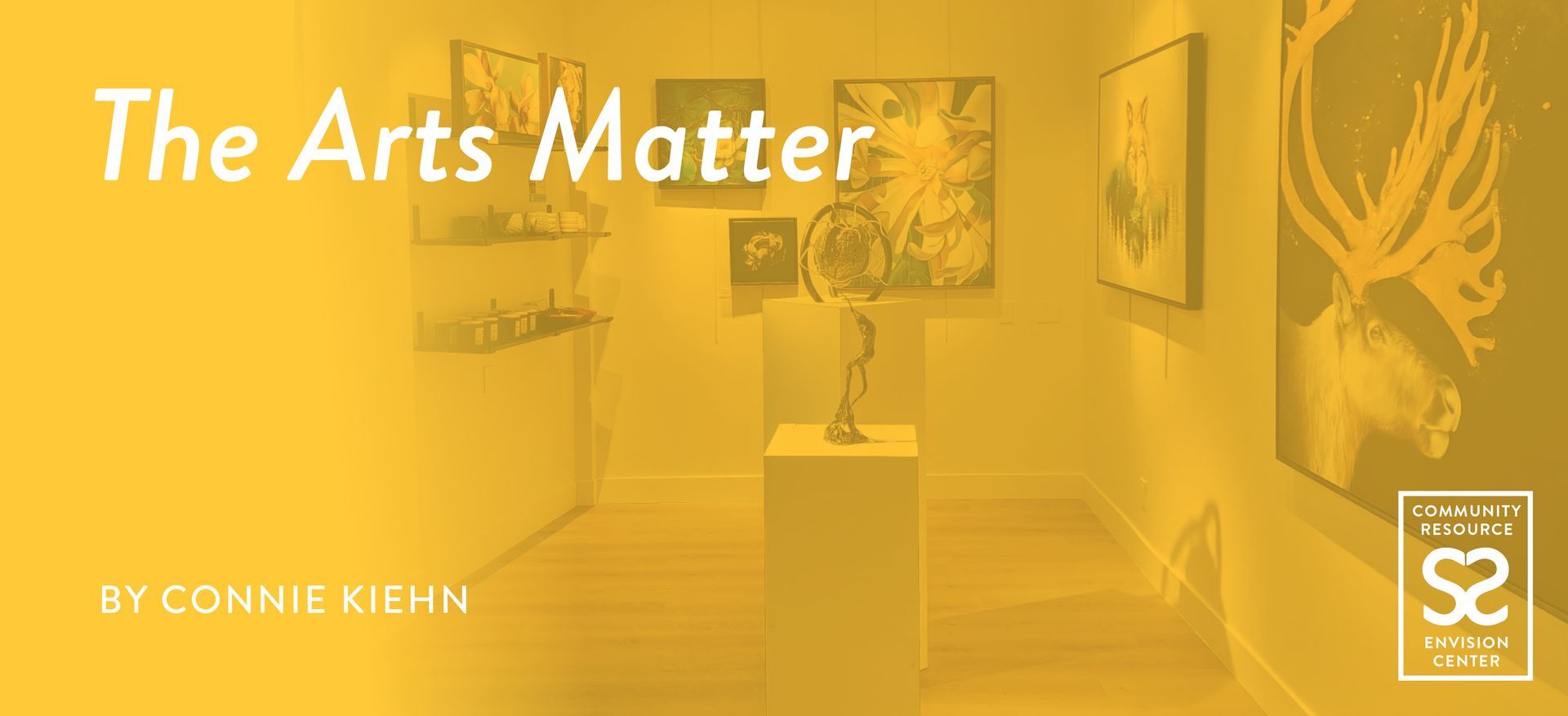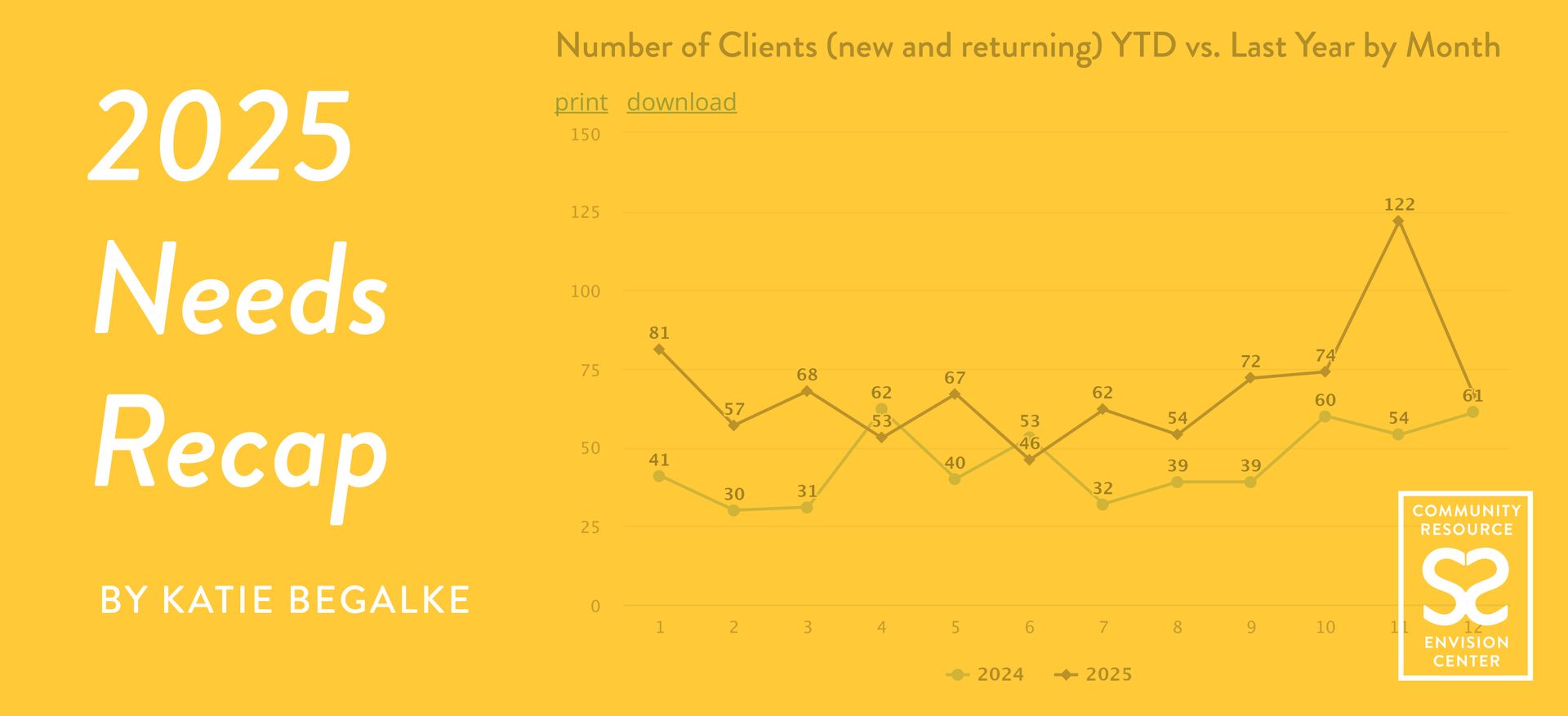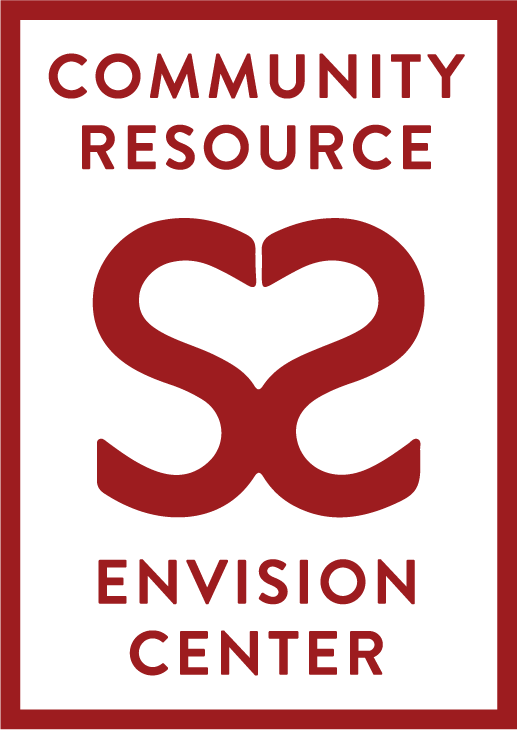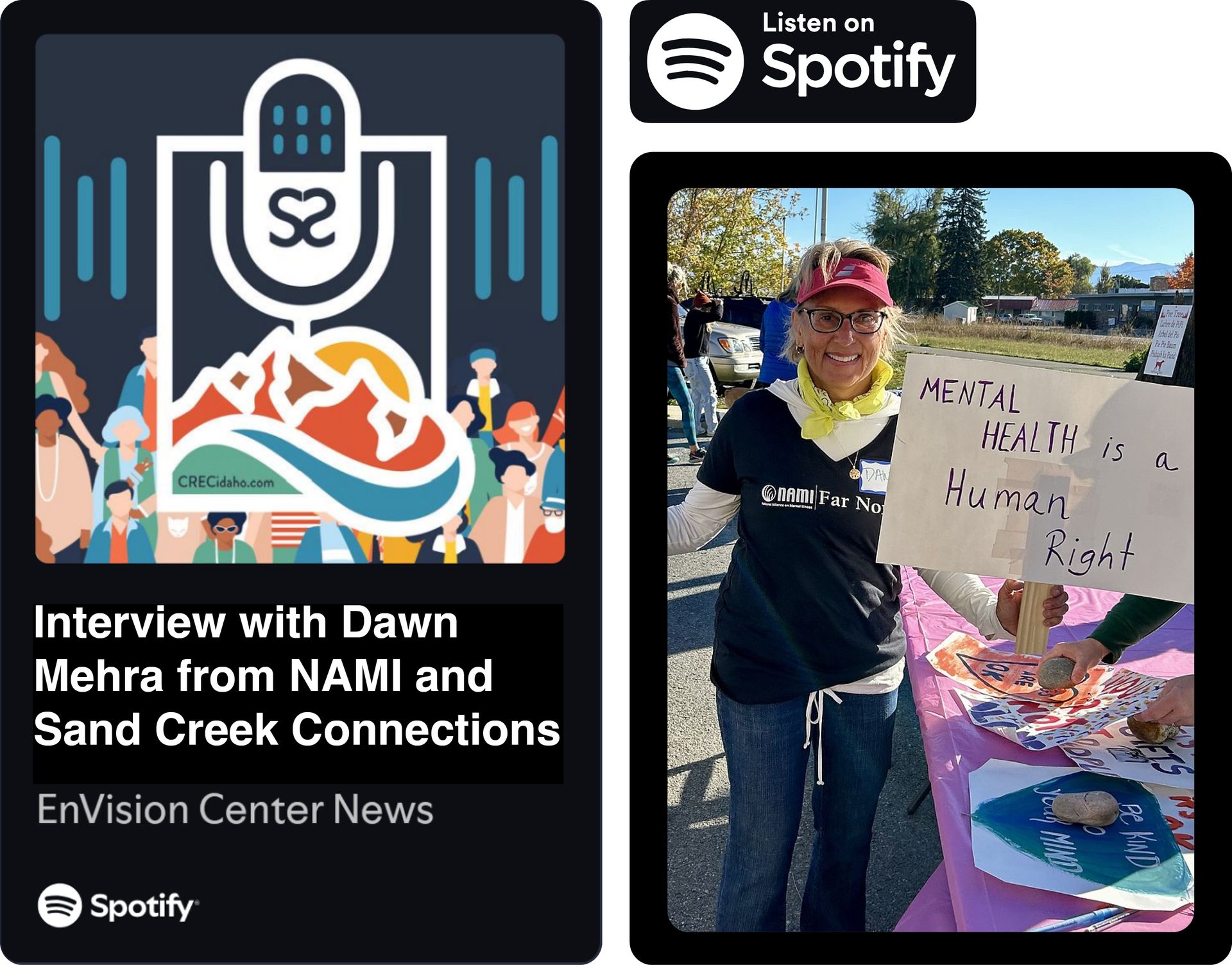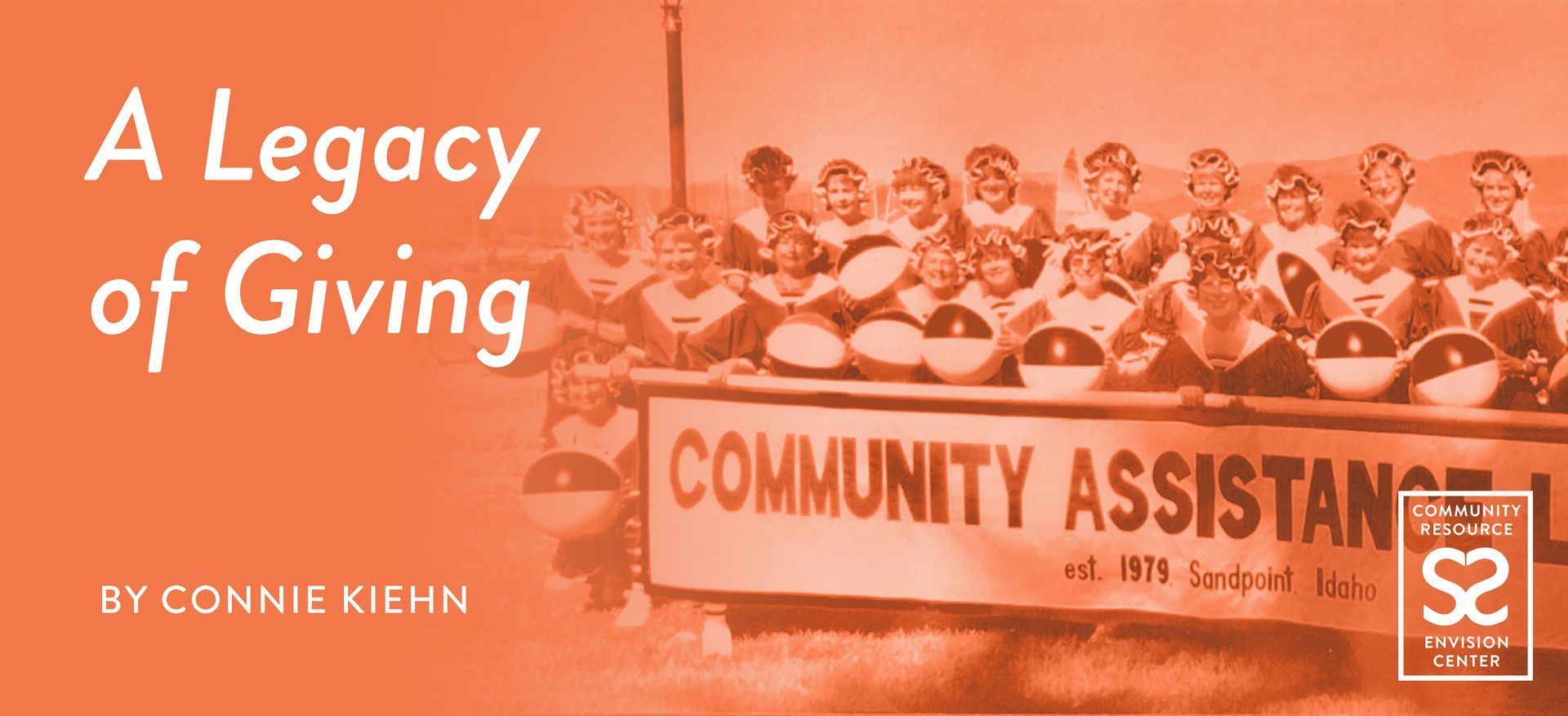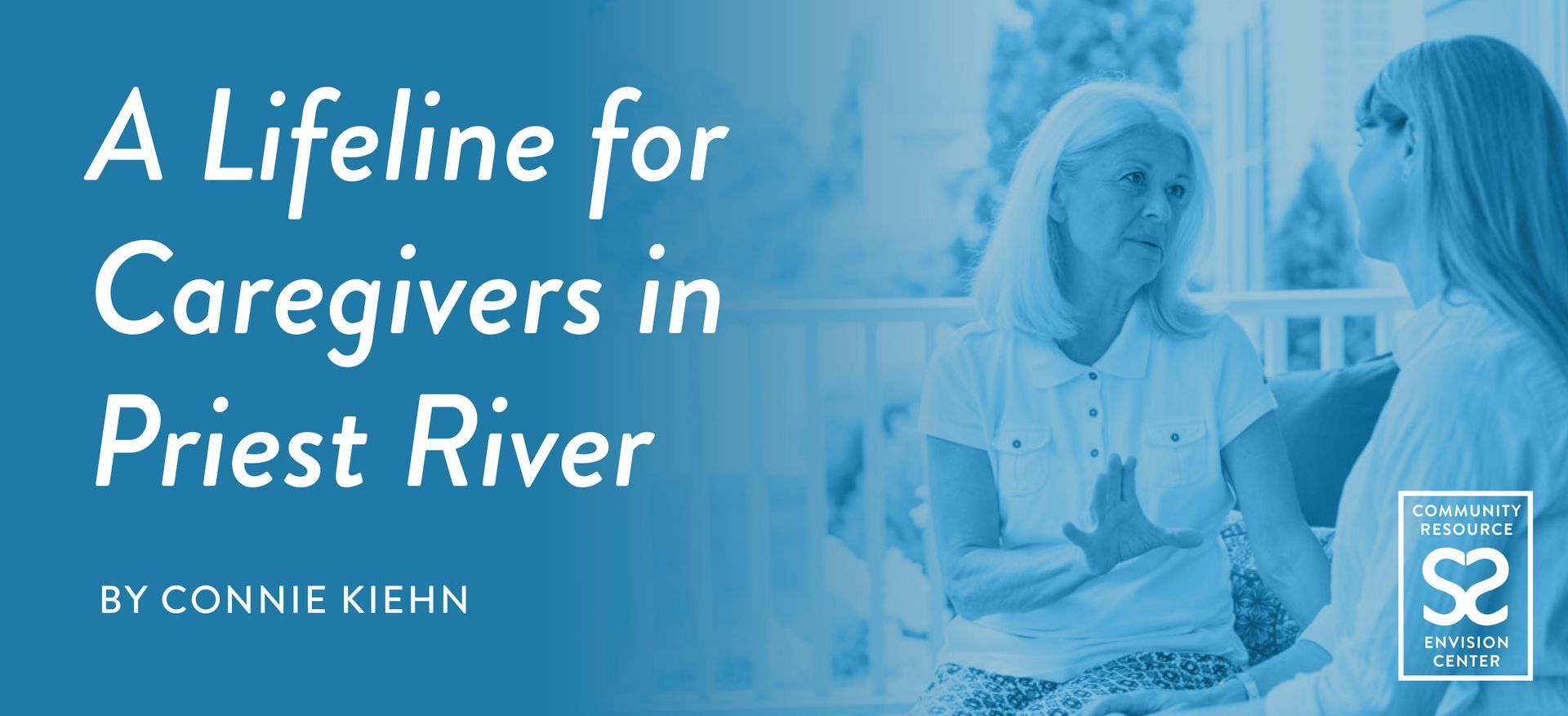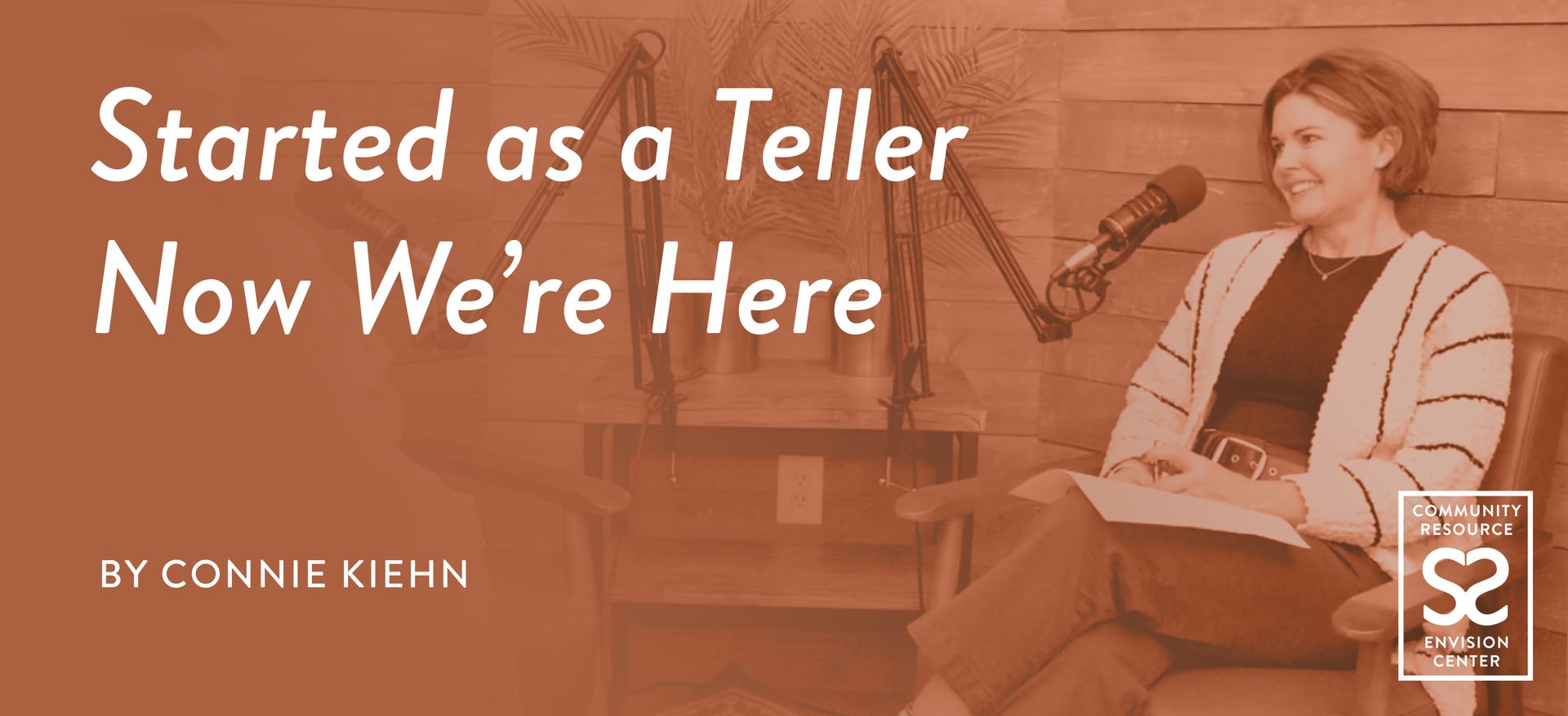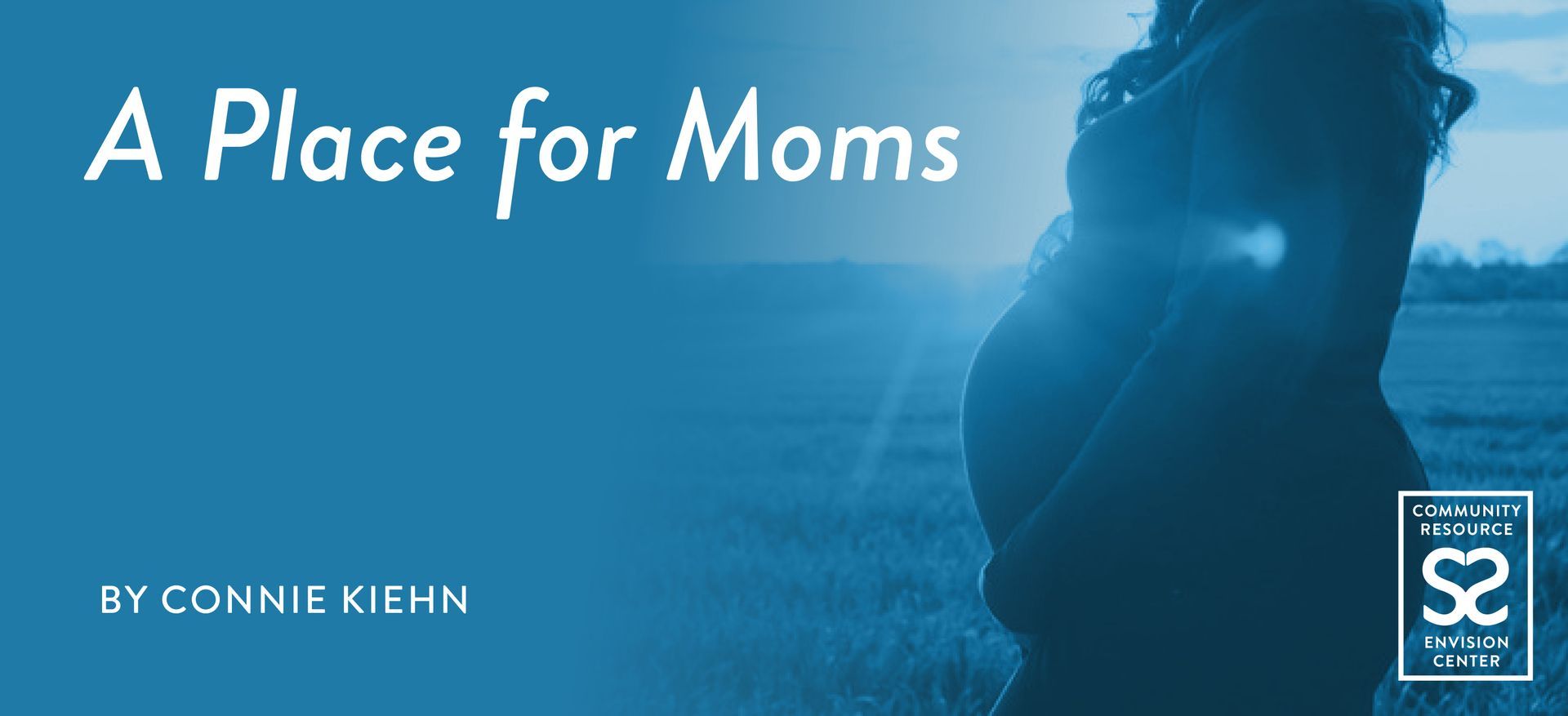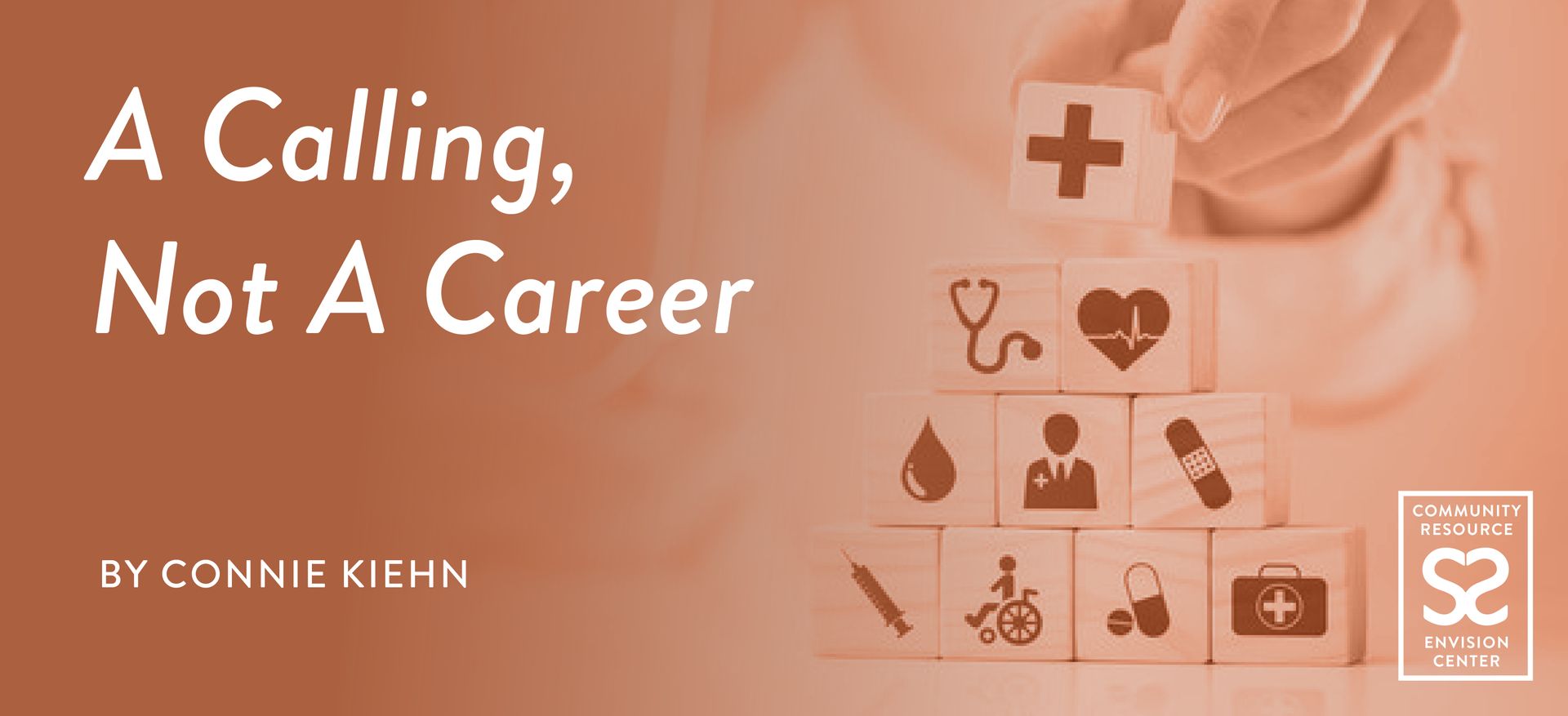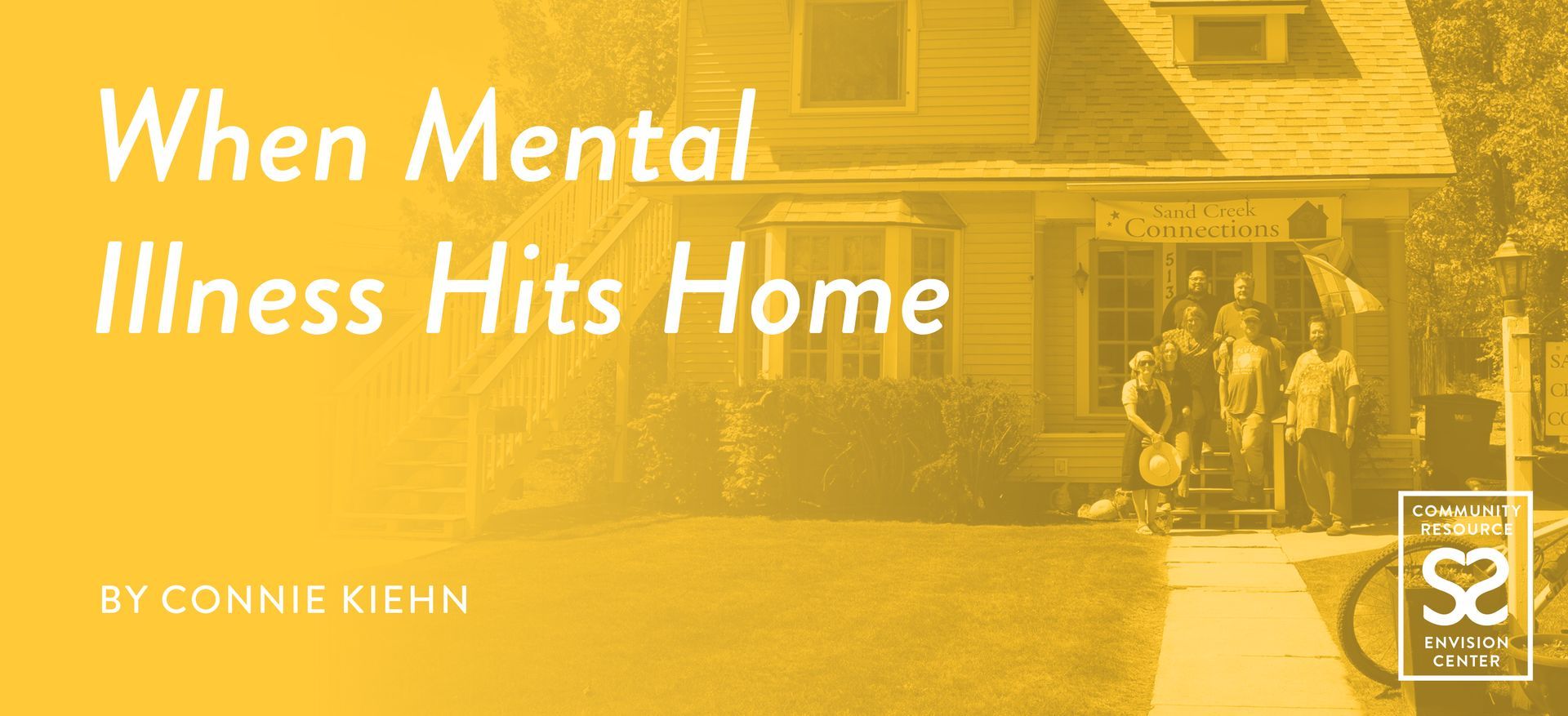
When Dawn Merha moved to Sandpoint, Idaho in 1994, she came to open a Veterinarian hospital with her husband. She loved it here and planned to raise her family in relative peace. But years later, an unexpected crisis within her own family would change the course of her life.
Dawn’s son was a 19-year-old hockey player when he experienced a sudden and severe psychotic break while living in Canada. Like many families who end up dealing with mental illness, Dawn and her husband didn’t immediately recognize what was happening.
“We didn’t have the knowledge or the resources to navigate it,” Dawn says. “It was terrifying. And it took too long to get him the help he needed.”
That delay in treatment had long-lasting effects on her son’s recovery. But in the process, Dawn and her family were introduced to NAMI—the National Alliance on Mental Illness—and its local support groups. It gave them something they desperately needed: community, tools, and hope.
She got involved, and eventually became the president of NAMI Far North, which serves both Bonner and Boundary Counties.
Through her work with NAMI, Dawn began to see an even deeper gap in the mental health system—one that potentially affects thousands of people in the region. While people living with serious mental illness might eventually get medication or therapy, there were no services focused on helping them actually rebuild their lives.
From Crisis to Advocacy
“One in twenty people live with a serious mental illness that affects their ability to work, live independently, or maintain relationships,” she says. “And yet once they’re discharged or stabilized, they’re often just left to figure out the rest on their own.”
That realization led to the founding of Sand Creek Connections, Idaho’s first mental health clubhouse, which opened in November 2024. Based on a successful global model used in over 400 communities, the clubhouse is a non-clinical, community-run space where adults living with mental illness can connect with others, find purpose, and regain the confidence to move forward.
It’s not a treatment center or therapy clinic. Members don’t have to meet a formal diagnosis to join, and membership is free and lifelong. The only requirement is a mental health challenge that’s impacting their life—and a desire to be connected with others.
Rebuilding Lives Beyond Treatment
Inside the clubhouse, members help run the space themselves. From preparing lunch and managing bills to organizing social events and learning new skills, everything is done collaboratively, without a hierarchy between staff and members. Some are working toward rejoining the workforce, while others are simply looking for routine, connection, or a safe place to spend their day.
“We try to model what life looks like outside these walls,” Dawn says. “You work during the day, you contribute to something, and then you have community and recreation. It’s simple, but incredibly powerful.”
For Dawn, this work is personal. “We were the clubhouse for our kid. We didn’t have the training or structure, but we did the best we could. Had something like this existed back then, who knows how different things might have been.”
The need is clear. In Bonner and Boundary Counties alone, up to 3,000 people may be living with mental illness. As the first of its kind in Idaho, Sand Creek Connections is just scratching the surface.
The biggest hurdle now is sustainability. Because Idaho doesn’t currently allow Medicaid reimbursement for clubhouse programs—despite there being a Medicaid code for it nationally—Sand Creek Connections relies entirely on grants and donations.
A Call for Support and Sustainability
“Funding is the hardest part,” Dawn says. “If you break a leg, you get a cast and rehab. But if you injure your brain, you might get medication and then nothing. It’s maddening. It’s discriminatory.”
That’s why she’s hoping to rally more community support—not just for funding, but for volunteers, board members, and professional advisors who want to make a difference.
NAMI Far North is currently seeking a new treasurer for its board, as well as additional members with backgrounds in finance, advocacy, or mental health. The clubhouse also welcomes volunteers during the day and advisors from all fields—art, computers, music, food service—anything that can offer members purpose, skills, and inspiration.
Support group leaders for families are also needed, and training is provided.
This fall, the community will have a chance to come together for NAMIWalks, a major fundraising and awareness event happening Saturday, October 4 at Matchwood Brewing. There will be speakers, resource tables, and a community walk, all part of a week of mental health events that includes guest speakers, panels, and collaborations with local businesses and organizations.
“There are so many people in our community who need a place to go during the day, to connect, to feel useful. That’s what Sand Creek Connections is. And I’m proud of what we’ve built.”

